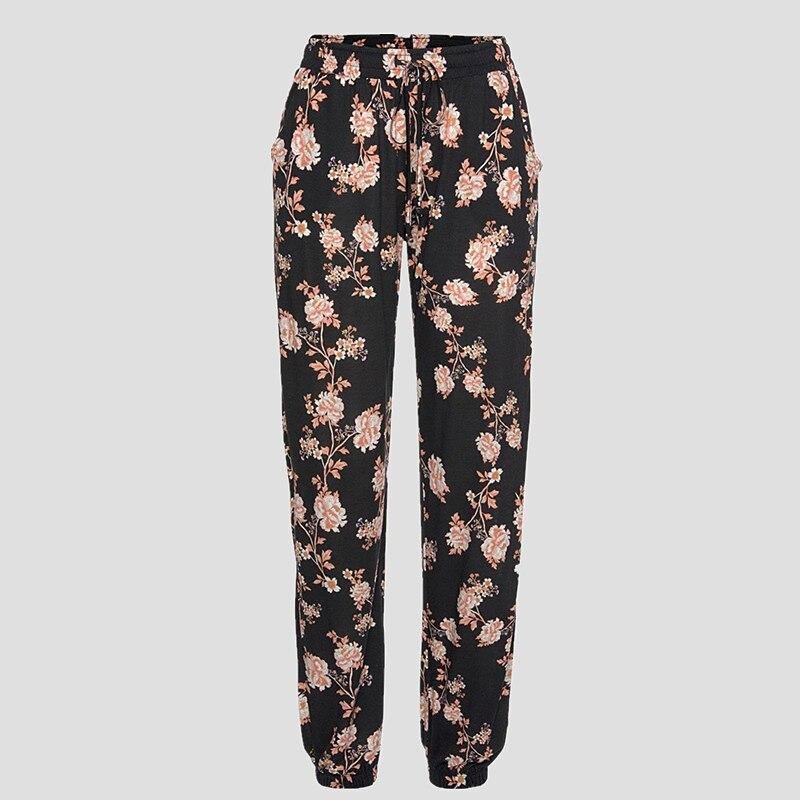Tag: fashion, clothing industry, sustainability
Fashion has become an integral part of our society today. From trendy outfits to popular styles, we are constantly bombarded with images and influences from the fashion world. However, beyond just being a means for self-expression and creativity, the clothing industry also has a significant impact on our environment and economy.
The production of fast fashion is known to be one of the biggest contributors to pollution in the world. The use of toxic chemicals in textile manufacturing, excessive water consumption, as well as unethical labor practices are some common issues associated with this industry. This not only harms the planet but also exploits workers in developing countries who make these cheap clothes.
On top of that, fast fashion encourages overconsumption and leads to a never-ending cycle of discarding old clothes for new ones. This results in enormous amounts of waste ending up in landfills every year. Therefore, it is important for us as consumers to rethink our buying habits and shift towards sustainable clothing options.
Sustainable clothing refers to garments made from environmentally friendly materials like organic cotton or recycled fabrics. These materials have less negative impact on the environment compared to conventional fabrics such as polyester or nylon which take hundreds of years to decompose.
Moreover, another aspect that makes sustainable clothing important is its durability factor. Fast fashion items are often poorly made with low-quality materials which wear out quickly leading people back into stores more frequently whereas sustainable clothes tend to be more durable due to their high-quality materials resulting in fewer replacements needed.
Aside from environmental benefits, there are many social impacts associated with sustainable clothing too. By supporting ethical brands that pay fair wages and provide safe working conditions for their employees we can help improve livelihoods within developing countries where most garment factories are located.
In conclusion, it is evident that fashion plays a huge role not just in shaping trends but also influencing our society and the world we live in. But as consumers, we have the power to make a positive impact through mindful choices and supporting sustainable fashion brands. Let’s choose to be part of the solution for a more responsible and ethical clothing industry.
